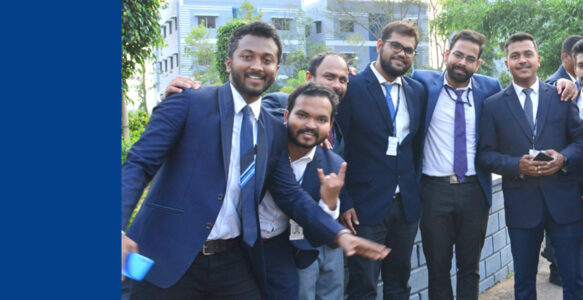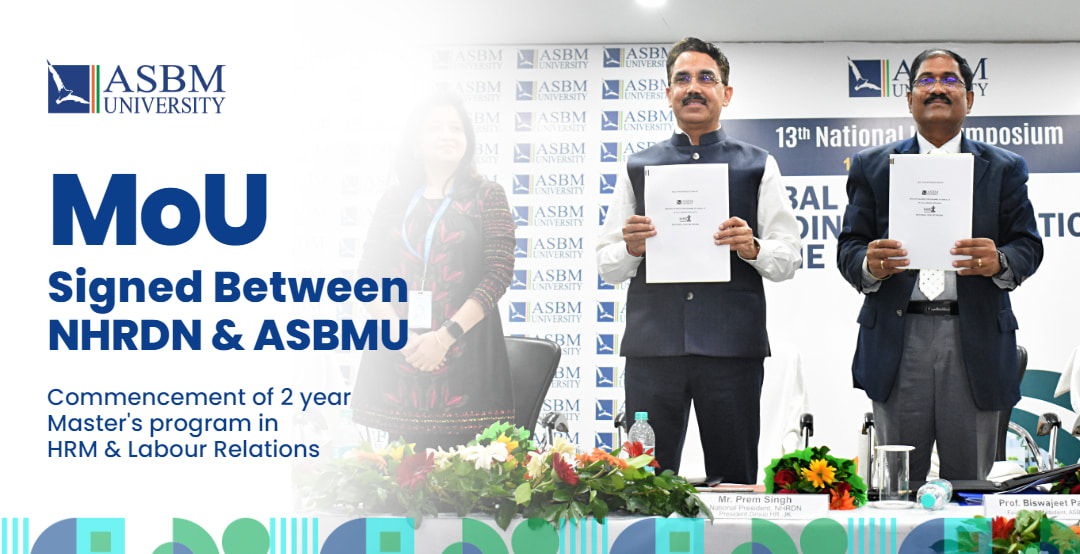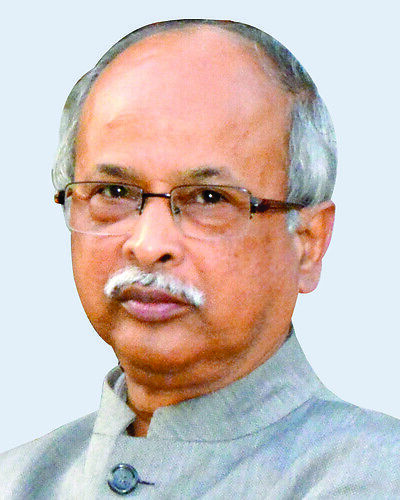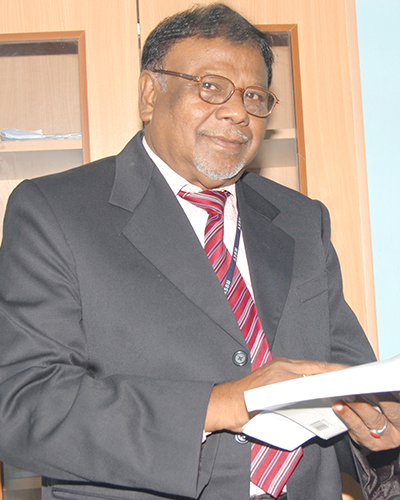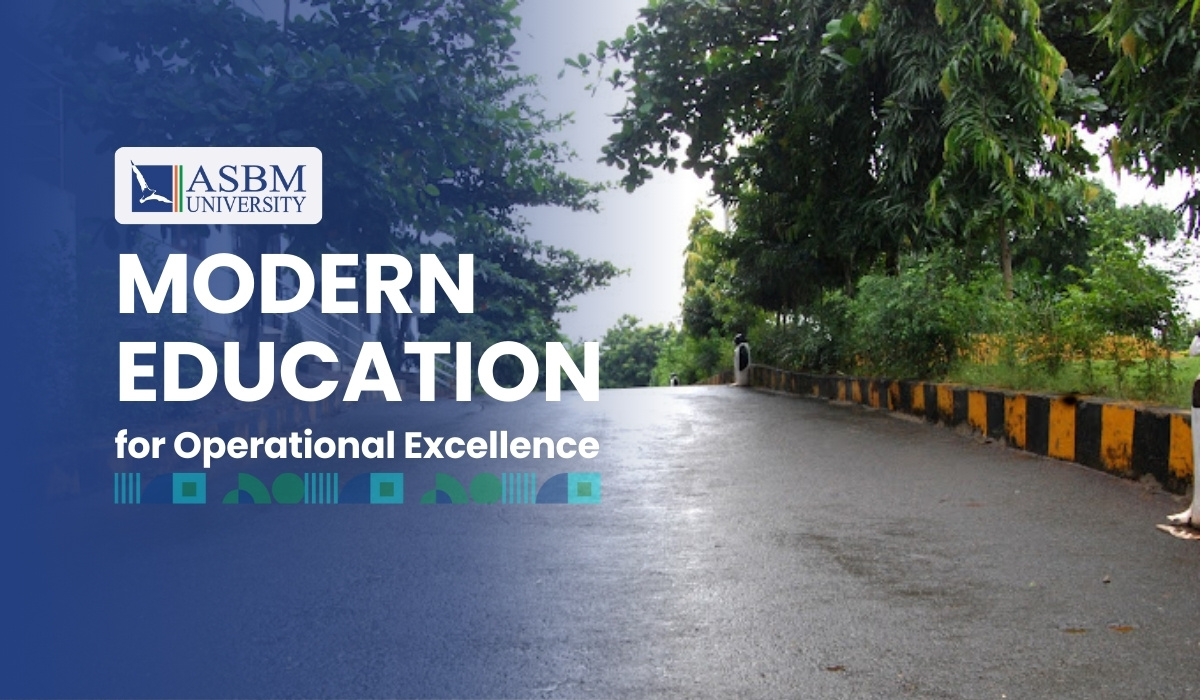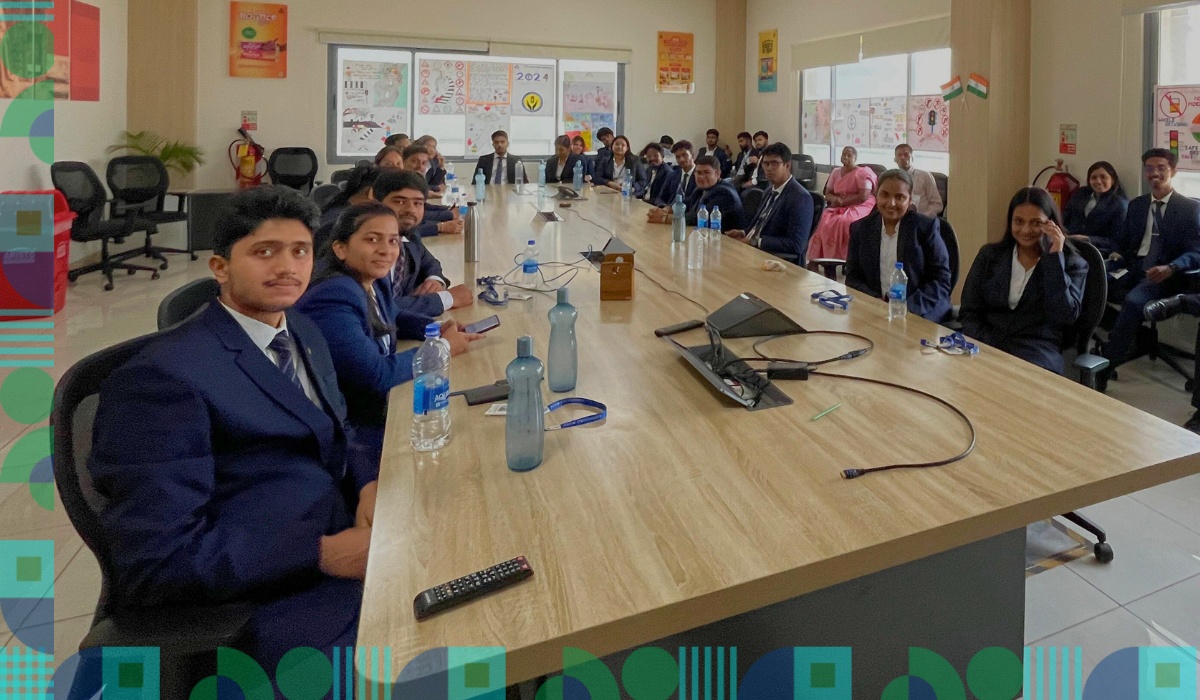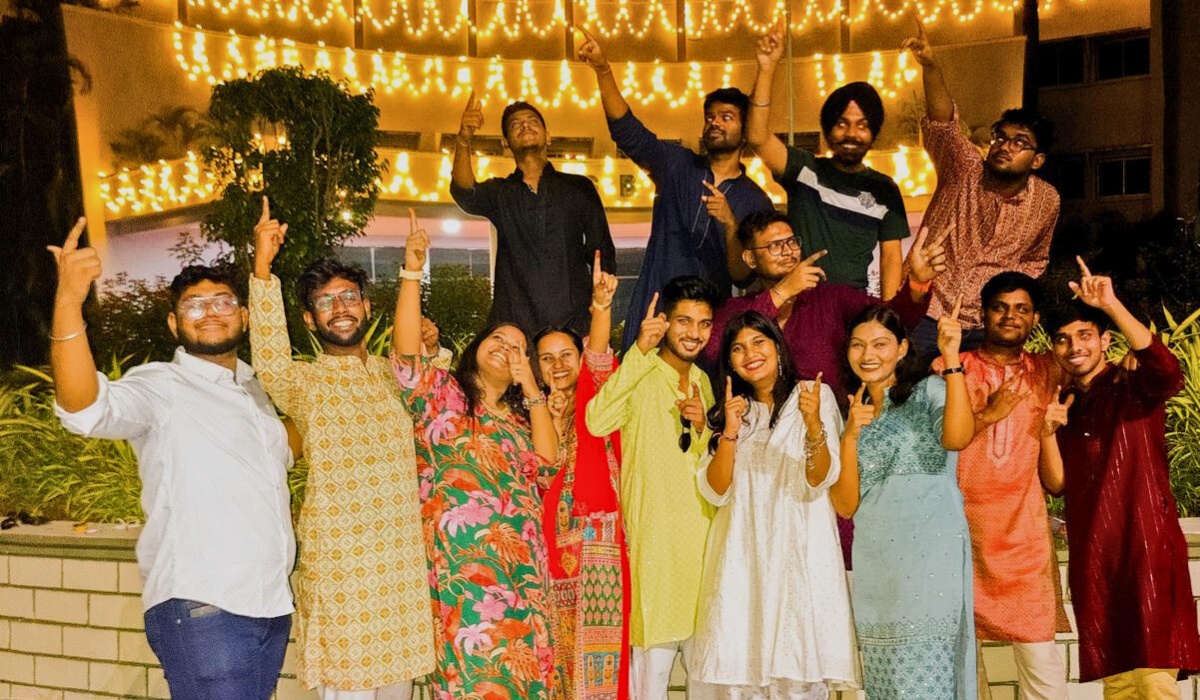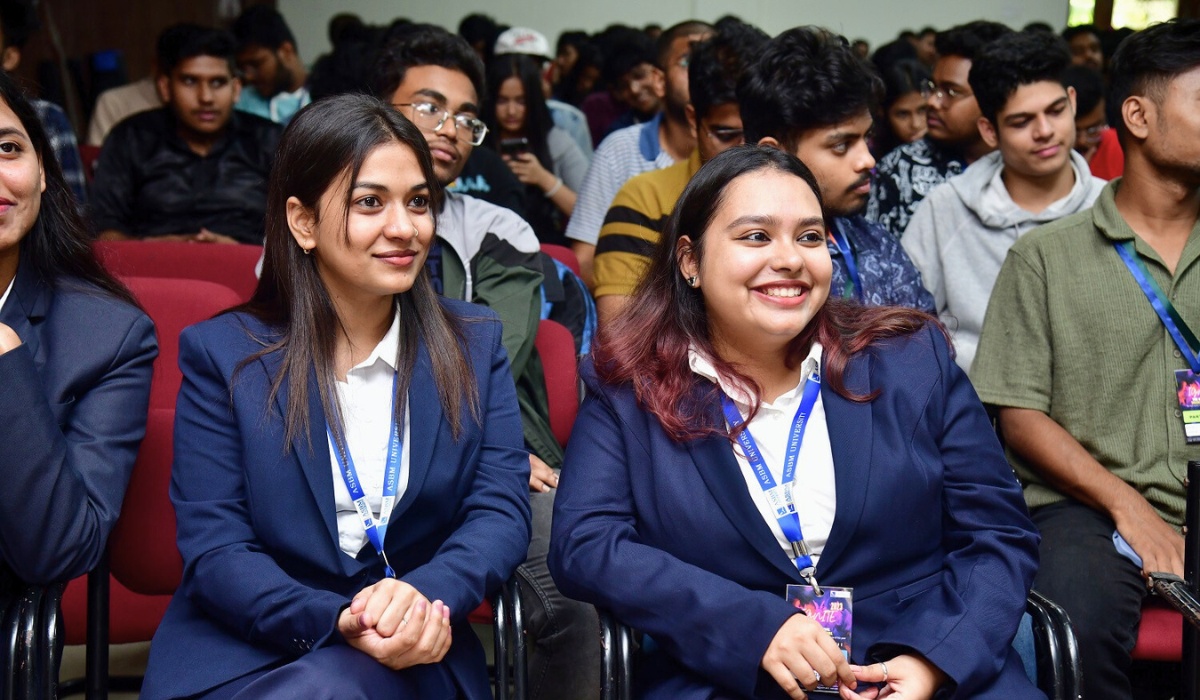Collabration
Industry Tie-up NHRDN Collaborated Programme
Programme Key Stats
2025
Admission Session
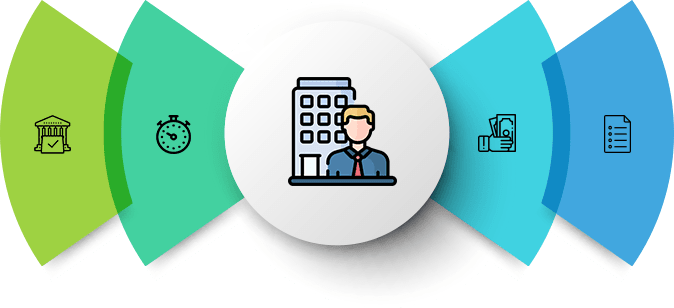
Bachelor’s degree or equivalent with minimum 50% marks in aggregate (45% for reserved category) in any discipline
Eligibility criteria
Programme OVERVIEW
The Indian corporate sector is witnessing unprecedented and intense competition coupled with change at an accelerated pace. The companies are facing the challenge of competition from global corporations not only overseas but also in the domestic arena. Many companies are at the crossroads now facing threat of survival. This problem has been accentuated by the unprecedented pandemic Covid-19 and has thrown multiple challenges before the organisations to operate efficiently by adopting new technologies. This also has changed the landscape of HR functions and management to a large extent.
People being the prime focus for achieving organisational goal, the people management process has to be wholly re-oriented and re-structured to face the present challenges. During this transformation process, the HR professionals need to be equipped with advanced tools and techniques for leading and managing people effectively. So there is now a search for efficient and effective HR professionals, who can play energetic role and deliver results as business partners in the organisation. Therefore, the focus now is on ‘unlearning, learning and relearning’ to keep the organisations vibrant and productive.
With this backdrop, ASBM University (ASBMU) offers a two-year full time Master Degree Programme in Human Resource Management & Labour Relation in collaboration with National HRD Network (NHRDN), the national apex body of HR professionals in India and the largest HR network in the country with 30 chapters and more than 14,500 members spread across the country representing organisations in all sectors – public, private, MNCs, government, NGOs etc. , NHRDN serves as a reference point for HR professionals in Indian Industry.
The course has been designed in consultation with NHRDN keeping in view the current industry needs with application-oriented pedagogy to bring in industry perspective and professional outlook to the programme. NHRDN will also provide assistance for summer internship and final placement in member organisations and also for visiting faculty from member organisations to bring HR practice to the class room. The degree of MA in Human Resource Management & IR will be awarded after successful completion of the programme.
Why Master's Degree in Human Resource Management & Labour Relation
- Course design on CBCS pattern in consultation with NHRDN
- Innovative teaching pedagogy
- Experienced faculty from industry, profession and academics
- Guest faculty from industry to bring HR practice to the classroom
- Continuous evaluation pattern
- Dissertation/Project
- Separate hostel facilities for boys and girls inside the campus
- Assistance by NHRDN for summer and final placement in its member organisations
Course Curriculum
It is a full time 2-year programme spread over four semesters of six months each consisting of 94 credits, each credit being 10 hours. It includes 16 credits of Electives, 4 credits of dissertation and 8 credits of Summer Internship. In addition, there will be certain other compulsory but non-evaluative courses that are essential for an HR professional navigating in the business domain.
After the second semester, the students are required to undertake internship for two months in any organisation to relate their classroom learning with the ground realities of industry. This is intended to sharpen their knowledge and hone their skills, and develop better appreciation of the practical problems of business organisations, especially from the management point of view.
The students are required to undertake a dissertation in the sixth semester for in-depth study of subjects of special interest to them under the guidance of a faculty member. The objective is to expose the students to the social and real-world contexts in which the subjects taught in the classroom have applications.
Semester - I
- ORGANISATIONAL BEHAVIOUR
- QUANTITATIVE TECHNIQUES & RESEARCH METHODOLOGY
- BUSINESS ECONOMICS
- PRINCIPLES OF MANAGEMENT
- STRUCTURE AND PROCESSES IN ORGANISATION
- BUSINESS COMMUNICATION
- MANAGEMENT INFORMATION SYSTEMS
Semester – II
- LABOUR LAWS
- LABOUR ECONOMICS
- HUMAN RESOURCE MANAGEMENT
- COMPENSATION AND REWARD MANAGEMENT
- LEGAL ENVIRONMENT OF BUSINESS
- FINANCIAL MANAGEMENT
- MARKETING MANAGEMENT
- OPERATIONS MANAGEMENT
- RESEARCH PAPER ANALYSIS
Semester – III
- CONFLICT MANAGEMENT AND NEGOTIATION
- CORPORATE GOVERNANCE AND BUSINESS ETHICS
- STRATEGIC MANAGEMENT
- PERFORMANCE MANAGEMENT SYSTEMS
- INDUSTRIAL RELATIONS
- HR ANALYTICS
ELECTIVES
- STRATEGIC HRM
- INTERNATIONAL HRM
- COMPARATIVE INDUSTRIAL RELATIONS
- TALENT MANAGEMENT
- PSYCHOMETRICS
- KNOWLEDGE MANAGEMENT
- MORAL LEADERSHIP
Semester – IV
- LEARNING AND DEVELOPMENT
- ORGANISATION DEVELOPMENT AND CHANGE MANAGEMENT
ELECTIVES
- MANAGING ORGANISATIONAL CULTURE
- ENTREPRENEURSHIP & FAMILY BUSINESS MANAGEMENT
- GENDER & DIVERSITY MANAGEMENT
- HR CONSULTING
- WELL-BEING AT WORK
- CROSS CULTURAL MANAGEMENT
- ASSESSMENT & DEVELOPMENT CENTRE
- HUMAN RESOURCE INFORMATION SYSTEMS
- DISSERTATION
FOR WHOM
- Graduate degree in any discipline from a recognised University/ Institute
- Selection on merit basis based on the career marks and performance in GD & PI
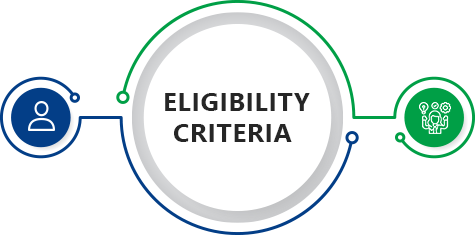
ELIGIBILITY
- Bachelor’s degree or equivalent with minimum 50% marks in aggregate (45% for reserved category) in any discipline from any recognised University. Final year students can also apply.



